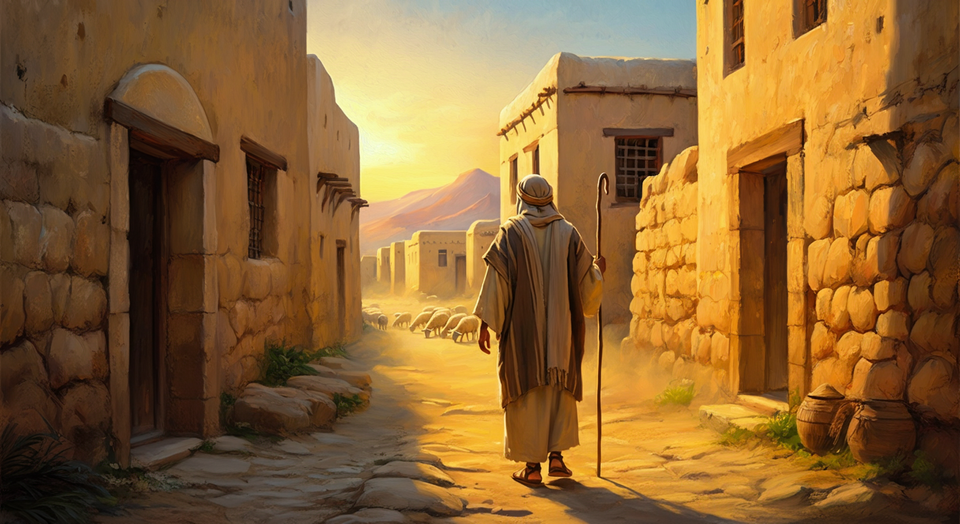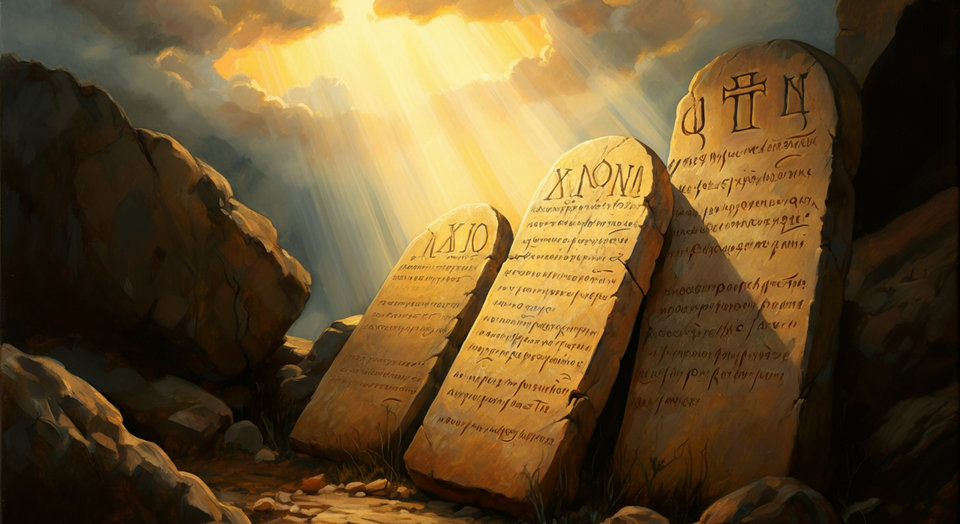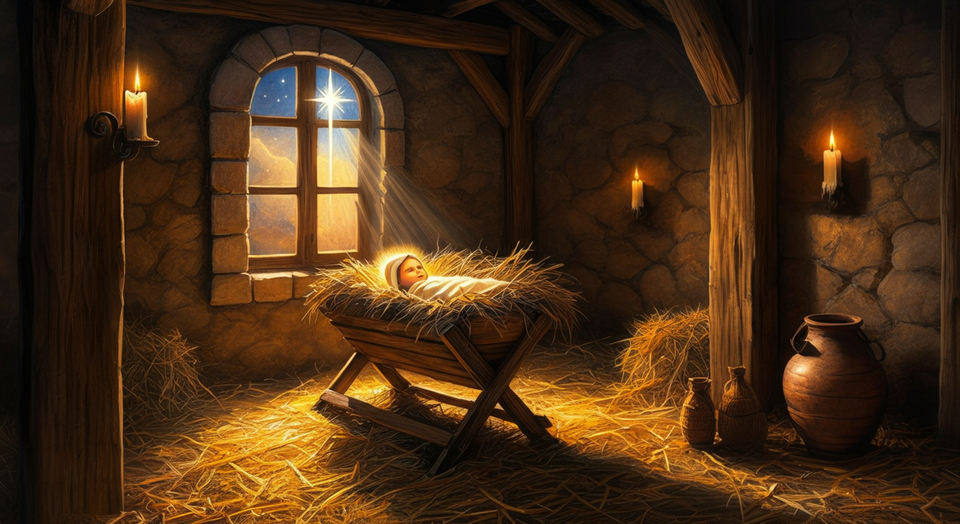In Genesis 41, are the Egyptians unbelievers in God? Where did their ancestors come from?

Question
Were the Egyptians in Genesis 41 unbelievers in God? Where did their ancestors come from? Did they come from Adam and then become unbelievers?
AI Answers
The people of Egypt, or the Egyptians, are described in the Bible as not believing in God. The Egyptians were polytheistic and worshiped a variety of gods, including Ra, Osiris, and Isis. Their religion and culture were heavily influenced by the nature of the gods they worshiped. Their ancestors were also part of the human race, beginning with Adam and Eve. According to the Bible, all humans are descended from Adam and Eve, and the descendants of Ham, one of Noah's three sons mentioned in Genesis 10, are believed to be the ancestors of the Egyptians. Over time, however, they were influenced by many different cultures and religions and lost faith in God.
Question
So the Egyptian gods aren't gods from a Christian perspective?
AI Answers
The gods of Egypt are considered idols, not true gods, from a biblical perspective. The Bible teaches that there is only one true God, and that all other gods are man-made. In Exodus 20:3-5, God commands, "You shall have no other gods before me." While the Egyptian gods played an important role in Egyptian culture and religion, the biblical narrative portrays them as figments of people's imaginations rather than real gods.
Question
So why did God allow the Egyptians to have an unbelieving belief system? Didn't God want all of humanity to believe in Him?
AI Answers
One of God's most important gifts to humans is free will, which gives people the ability to make their own choices. God wants all of humanity to believe in and follow him, but he doesn't force faith. Instead, he gives people the opportunity to choose, and their choices lead them down different paths in life. The Egyptians' free will to choose and follow their own gods can be seen as a result of this free will. This situation also serves as an opportunity for God to more clearly reveal his existence and power through the Israelites later on.
Question
God gave humans free will, but do we have to believe in God?
AI Answers
Free will is an important gift from God to humans. It's the ability for people to make their own decisions, and God wants people to follow his will without coercion. But free will also comes with responsibility. It means accepting the consequences of your choices and taking moral responsibility for them.
The Bible teaches that God is the only true God, and that other gods are just the imaginations or creations of people. Exodus 20:3-5 states, "You shall have no other gods before me." This is a clear request from God that his people not serve other gods. This is where God clearly requires that his people not serve other gods.
Just because we are given free will doesn't mean that all choices are right or acceptable. The Bible teaches that choosing and following God is right. Believing in other gods is within the category of free will, but according to biblical teaching, that choice means walking away from a relationship with God. While the choice of faith is a matter of personal freedom, we must consider the impact and consequences of that choice on our relationship with God.
In conclusion, God-given free will gives people the opportunity to make choices. However, the Bible teaches that the right path is to believe in and follow God as the only true God. Believing in other gods is a possible choice, but from a biblical perspective, it can interfere with maintaining a right relationship with God. A deeper understanding of this topic can become clearer through theological study and personal spiritual exploration.



